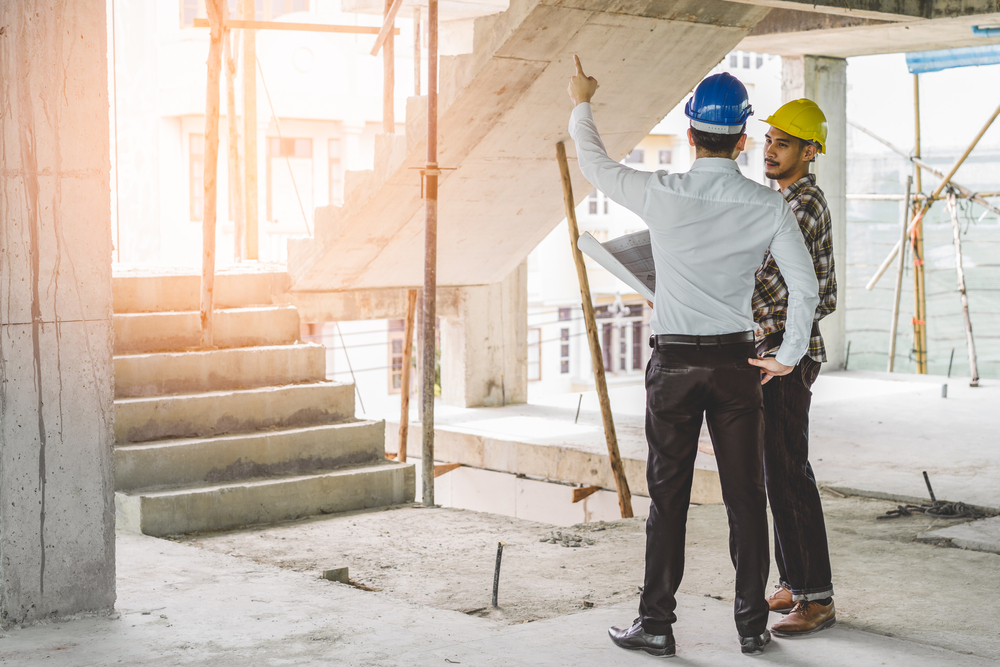The development landscape for property in Malaysia has seen significant changes in the last few years driven by the rapid growth of growth in urbanization, technological advances and an energizing economic. Developers are in Malaysia have a significant role in the design of Malaysia’s infrastructure, housing and commercial areas. This sector’s expansion has come with both potential and threats, in which developers have to navigate regulatory environments and attempt to address the changing needs of the populace. As Malaysia grows more modern it is becoming more modern, and the role of developers is greater than ever.
The growth of urbanization in Malaysia has been the key factor in the rise of the property-related development. With the increase in population and more residents move to cities, the need for commercial, residential and industrial properties has increased. Cities like Kuala Lumpur, Penang, and Johor Bahru have become hotspots for projects of development. In these urban regions, you can witness the building of condominiums with high rises and integrated commercial centres as well as mixed-use developments catering to the urban style of today. Development projects are increasing in number. does not just provide vital infrastructure and housing, but boosts local economies as well as creates job possibilities.
Technology innovation is a key aspect that has transformed the property development industry in Malaysia. Developers are increasingly using modern technologies that increase the efficiency and sustainability of their developments. Building Information Modeling (BIM), Internet of Things (IoT), and prefabrication are only a couple of the advancements in technology which are being incorporated into the process of construction. They allow better design, shorter construction times as well as lower cost. In addition, there is an increasing focus on sustainable construction practices. Developers are adding energy-efficient design as well as sustainable building materials to address the growing demand for sustainable living places. The shift to smart and sustainable design is not just beneficial to the environment, but it also increases the value of homes over time.

The Malaysian government plays a crucial role in supporting the growth of the property sector with different initiatives and strategies. Programmes such as Malaysia My Second Home (MM2H) have proven effective in attracting foreign investors as well as expatriates, increasing the demand for luxury residential properties. In addition, incentives offered by the government for foreign direct investments have helped foreign developers to join into the Malaysian market. The infrastructure projects, like the construction of roads, public transportation, and industrial parks have provided an environment that is conducive to property development. Government initiatives have helped in encouraging the expansion of the industry of property and enhancing the overall living conditions for the residents. For more information please Read Full Report
Despite the substantial expansion and growth, the developers of Malaysia have to contend with a variety of obstacles. Compliance with regulations, land acquisition challenges, and financial difficulties are typical obstacles that hinder the project’s timeline and impact profit. Approval processes for projects in development can be long and complicated, which can lead to delays as well as increased expenses. In addition, the fluctuations of the world economy as well as changes in policies by governments can lead to uncertainty in the market for real estate. Developers need to deal with these obstacles and balance profit and sustainability. Maintaining strong relations with key people who are involved, like public agencies, investors and local communities is crucial for successful development in today’s dynamic business environment.
The development of property in Malaysia is marked by rapid expansion and innovative. Developers play an integral role in defining the nation’s urban environment, providing vital infrastructure, housing and commercial areas. Their success is fueled by the rapid growth of cities technology advancements and the favourable policies of the government. Developers must, however, overcome a myriad of obstacles, like challenges to regulatory compliance and uncertainty in economics. In embracing the latest technologies and sustainability as well as focusing on the long-term, and establishing strong stakeholder relations the developers of Malaysia are able to continue to prosper and aid in the country’s progress. As Malaysia shifts towards a urban and contemporary future, the function of developers will be crucial to developing vibrant, sustainable and accessible communities.
